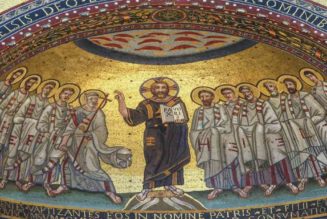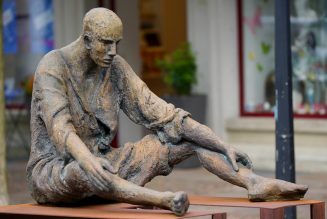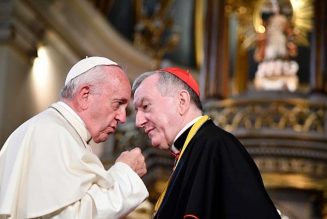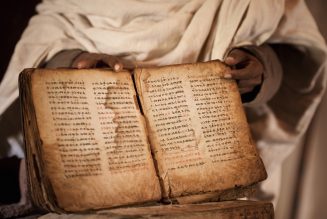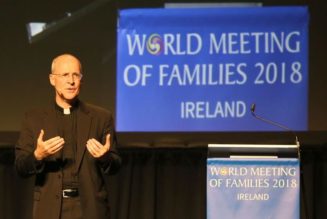By Phil Lawler ( bio – articles – email ) | May 26, 2020
This morning, in an effort to shift my thoughts away from the epidemic and the lockdown, I thought I’d look back a few months, to remember what I was writing before this unhappy subject began to dominate our consciousness. I came across a column I’d written in February, “Want a Liturgical Renewal? Start with Repentance.”
Immediately my mind flashed back to an excellent column that I had read just a few minutes earlier, by my friend Michael Pakaluk. Unfortunately his topic was the lockdown; my bid for a day’s break from that conversation was thwarted.
But the single sentence that stood out, as I read Michael Pakaluk’s piece, was this:
A huge opportunity will have been lost if, when the lockdowns end, the lines outside confessionals aren’t as impressive as the lines of patrons outside restaurants.
Was Pakaluk writing about the repentance that I had in mind back in February? Not quite. But there was (in my mind, at least) a thread of continuity between his column and mine. In both columns—mine, written at a time when a nationwide lockdown was unthinkable; and his, appearing as the siege is finally beginning to lift—the central focus is on the sense of awe and wonder that we should feel whenever we participate in the holy sacrifice of the Mass.
We humans are a congenitally ungrateful race, constantly taking the greatest gifts of our Creator for granted. The Old Testament recounts how the Chosen People, again and again, strayed from the path that God had set out for them, up until the arrival of the Messiah. The annals of Church history pick up the story from there. Like spoiled children we grow tired of God’s gifts and look for excitement elsewhere. Manna is a miracle, but when the miracle becomes routine we long for the fleshpots of Egypt.
Then something happens. Something that brings things back into perspective. Something like the Eucharistic famine of the past few months. Suddenly the provision of manna is no longer routine; suddenly attendance at Mass is exceptional. We reach what catechists today call “a teachable moment.” If we are perceptive, Pakaluk argues, “the coronavirus lockdowns can teach almost as much about the Mass as the Council of Trent.” He explains some of the lessons well; I urge readers to see for themselves.
Back in February I could not foresee that pious Catholics would be reduced to watching livestreamed Masses and attending parking-lot Communion services (if they were available). But I could say, even before this “teachable moment,” that the troubles facing the Catholic Church today all can be traced to a lack of reverence, a lack of commitment, a lack of the sense of wonder and awe that an earlier generation (before the advent of PC) called “fear of the Lord.”
Hundreds of thousands of cradle Catholics have walked out the doors of the church over the past 50 years, planning never to return. We have watched them go. Our complacency, in the face of this pastoral disaster, is a scandal as destructive as the other scandals that have befallen our Church. Indeed I contend that our luke-warmness has caused the other scandals. As I wrote in February:
Something is terribly, terribly wrong—and has been wrong for years, because the mass exodus (no pun intended) began several decades ago. It should come as no surprise that, in an institution that lost its zeal for evangelization—its enthusiasm for its central mission—other signs of corruption would eventually appear.
Now, in May 2020, it is no longer possible for Catholics to take the Mass and the Eucharist for granted. It is no longer rational to lapse into the presumption that the sacraments will always be there when we need them. So now is a propitious time to reflect on what it means to attend the re-presentation of Christ’s sacrifice, to receive his Body and Blood, to be forgiven our sins.
The pastoral costs of the lockdown will, I fear, be enormous. But our Lord can bring good out of any evil. This could be the time when faithful Catholics recover the sense of the sacred. Even if more parishes close, and thousands more Catholics leave the Church, this could be the time when a great revival is triggered by a faithful few.
It doesn’t take much to start a chain reaction. It only takes—no pun intended—a critical mass.
Sound Off! CatholicCulture.org supporters weigh in.
All comments are moderated. To lighten our editing burden, only current donors are allowed to Sound Off. If you are a donor, log in to see the comment form; otherwise please support our work, and Sound Off!



